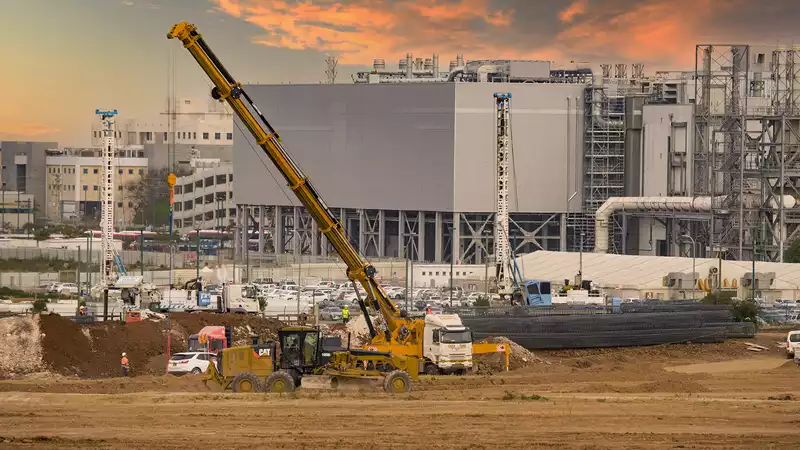Intel's appetite for capital investment shows no sign of abating. The company announced its latest plans, including a €30 billion plan to bring state-of-the-art chip manufacturing capacity to Germany. The German plan was announced after Israeli Prime Minister Benjamin Netanyahu announced a $15 billion expansion. This would be on top of the $10 billion already announced, which was postponed due to the Covid 19 pandemic. [Prime Minister Netanyahu, along with German Chancellor Olaf Scholz, hailed each deal as the largest foreign investment in the history of the two countries. Both facilities will form a high-tech hub, boosting employment and the downstream technology industry. This is in addition to the broader strategic goal of reducing reliance on Asia-based chipmakers such as TSMC.
The German deal came about after Intel sought greater support from the German government. The government agreed to nearly 10 billion euros in incentives and subsidies (according to Reuters), and Intel appears to have gotten its wish. According to Intel, the deal "includes increased government support, including incentives, and reflects the increased scope and changed economic conditions since the site was first announced."
The German plant will be located in Magdeburg, Saxony-Anhalt. Intel states that the facility will have state-of-the-art angstrom-era manufacturing capabilities. The facility will be "the first in Europe to create a state-of-the-art end-to-end semiconductor manufacturing value chain to serve European customers and help realize the EU's ambition for a more resilient semiconductor supply chain."
Details regarding the Israeli facility are a bit more vague, with the deal reportedly agreed to "in principle." The facility will be built in Kiryat Gat, where Intel already has a factory. Intel also has a factory in Haifa, which Jacob Ridley visited in October 2022.
According to the Israeli Ministry of Finance, Intel expects to add thousands of additional jobs in Kiryat Gat and has agreed to increase the corporate tax rate it pays to the state from 5% to 7.5%, aiming to begin operations in 2027.
While Intel is struggling to meet its sales targets amid a weak PC market and broader economic concerns, it clearly believes that fab production capacity is critical to its long-term future. Intel Foundry Services, the company's division that attempts to manufacture chips for other companies, is Intel's attempt to profit from these booming markets as AI and big data spike demand for high-performance computing products.
Could Nvidia GPUs now be manufactured in Intel factories? The next AMD Ryzen chips could be manufactured at Intel" It's a crazy world, and with billions of dollars in contracts on the line, anything is possible.


Comments